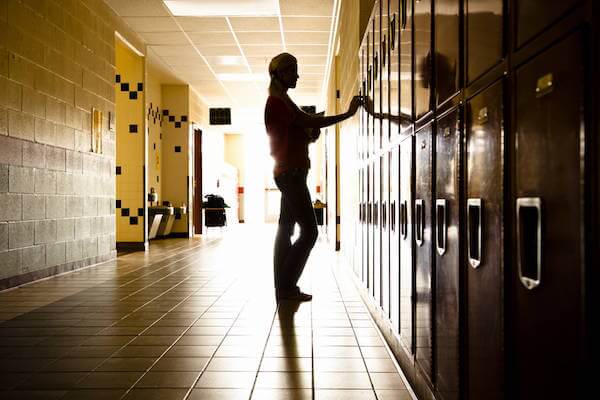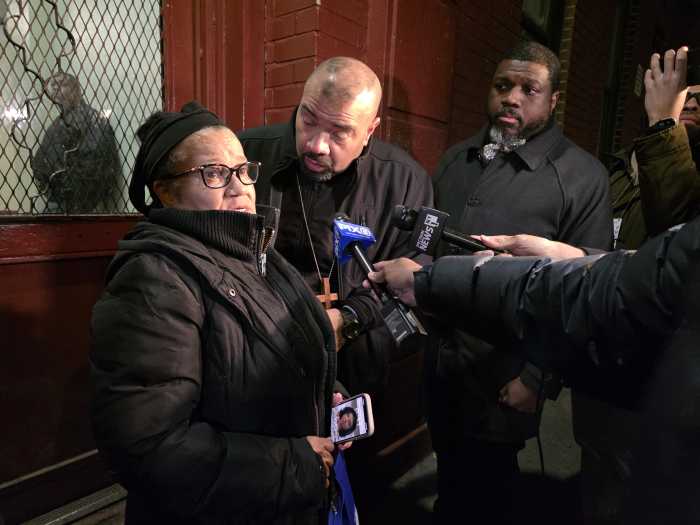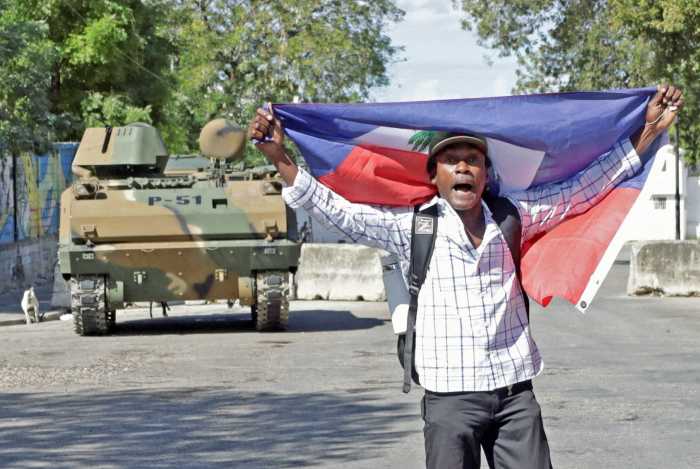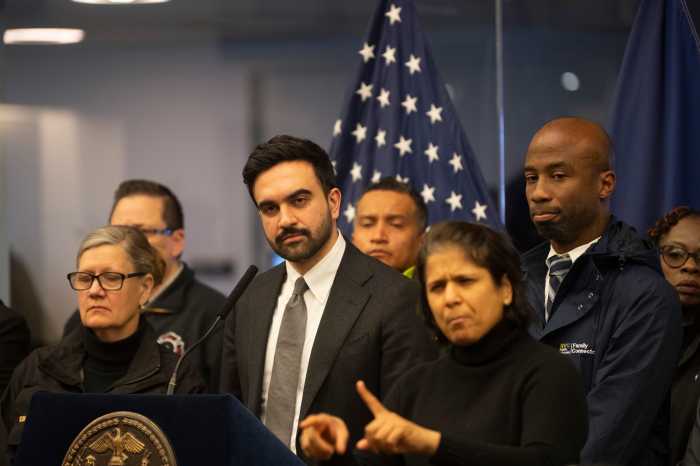Joel Mittleman, a Princeton sociology Ph.D. candidate, reports on the risks lesbians and bisexual females of color face in getting suspended or expelled from school and in entering the criminal justice system. | PRINCETON.EDU
I’m trying to remember what school was like. Having to beg permission to pee. Grades that seemed almost arbitrary. Hallways where boys regularly grabbed or pinched my ass. I didn’t know if they did that to all the girls, or just me, because I never told anyone or even thought about it. Why would you? I was taught girls were always in danger. Always prey. Don’t wear short skirts or make-up. Don’t call attention to yourself.
I didn’t, but walking home from high school white guys from the neighborhood would still inch along behind me in their cars. Sometimes they’d say something, sometimes they’d just lurk. That’s when I started to walk like the black guys, with a confident, “don’t fuck with me” stride.
My classmates, anyway, were okay. I wasn’t actually bullied for being a dyke, which was good, because I didn’t know I was one yet. That was in the ‘70s and ‘80s, and I had no role models. Not one student or teacher was out — though rumors burned hot. He’s a faggot. She’s a lezzzzzz.
PERSPECTIVE: A Dyke Abroad
I didn’t see myself in the hiss, but try to imagine myself in school now that things have changed, kind of. Having a woman teacher I know for a fact is a dyke. Wondering whether or not to go to a meeting of the Gay Straight Alliance. A 2015 study found that LGBTQ youth were 91 percent more likely to be bullied than kids perceived as straight. I wonder if it was always like that, or if the problem is worse now that kids like me can put a name to their difference — and so can the other kids. I don’t think I would have dared. It would have gotten back to my mother whom I can’t imagine as anything other than a panicky homophobe even in her dementia, afraid someone might think she is gay because she used the word girlfriend.
We don’t talk enough about how vulnerable young queers still are. We especially don’t talk about lesbian and bi girls. Earlier this year, Joel Mittleman, a Ph.D. candidate in sociology at Princeton, crunched the numbers in an ongoing “Fragile Families and Childhood Wellbeing Study” and discovered that LGBTQ teens were 29 percent more likely to be suspended or expelled than their straight peers. But when he broke it down by sex, he found that there was almost no additional risk for boys. It was queer girls who skewed the numbers, being 95 percent — NINETY-FIVE! — more likely to be disciplined at school than their straight peers.
I don’t know how to fathom that. Not just that it happens, but that I didn’t know. Or that the school to prison pipeline isn’t just for young black men. Mittleman noted that “…sexual minority girls are dramatically overrepresented in the juvenile justice system in a way that sexual minority boys are not.” Become known as a “disciplinary” problem, pretty soon they just call the cops. No matter that half the times young dykes get in fights it’s because they finally decided to fight back against their tormenting bullies.
I’d known that dykes were overrepresented in prison, but I thought it happened during sentencing. Didn’t realize it went as far back as this. And that our lost lives were in the hands of teachers and administrators who destroyed our futures just for liking other girls. Or for being a little masculine, a little butch.
Mittleman blamed school staff for 62 percent of the cases, noting that parents themelves reported behavioral problems for the other 38 percent. I’m suspicious of those reports, suspicious that some of those parents were like my Southern Baptist mother who, if I had come out, or been caught with a girl, would have dragged me to the preacher, then the shrink. Maybe I would have ended up in one of those conversion camps. I would certainly have rebelled. Been labeled a “disciplinary problem.” All for kissing a girl, refusing to giggle coyly at the sight of pimply faced boys.
Why didn’t we know? Does anybody care?
These are not idle questions. The fact is we almost never hear about the problems of young lesbians and bi girls. Even queers, even lesbians who rage against the prison industrial complex which gobbles up black men by the millions are largely mute when it comes to the dykes of all races that represent almost 42 percent of the rapidly expanding population of women’s prison. Feminists are silent, too.
Kelly Cogswell is the author of “Eating Fire: My Life as a Lesbian Avenger,” from the University of Minnesota Press.


































